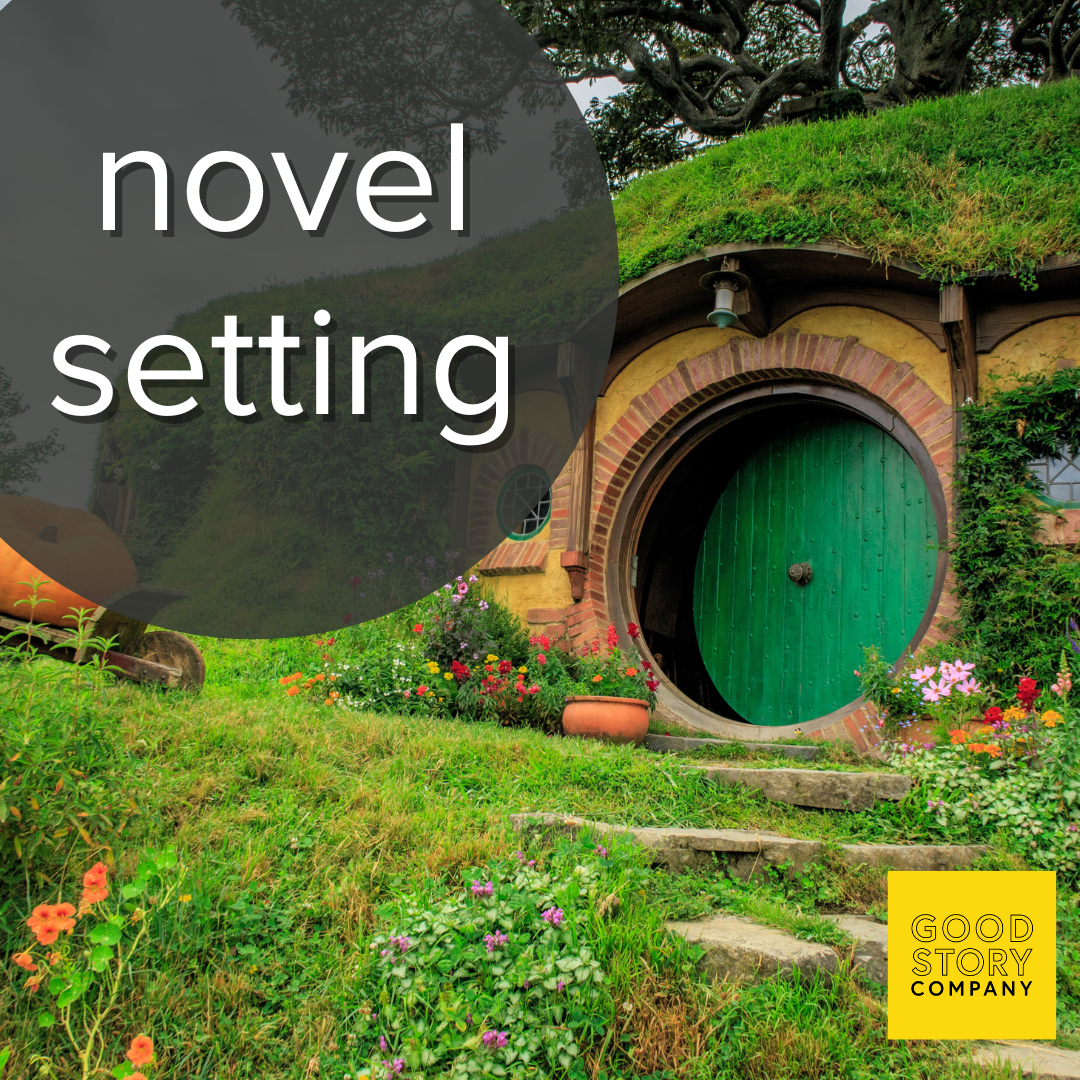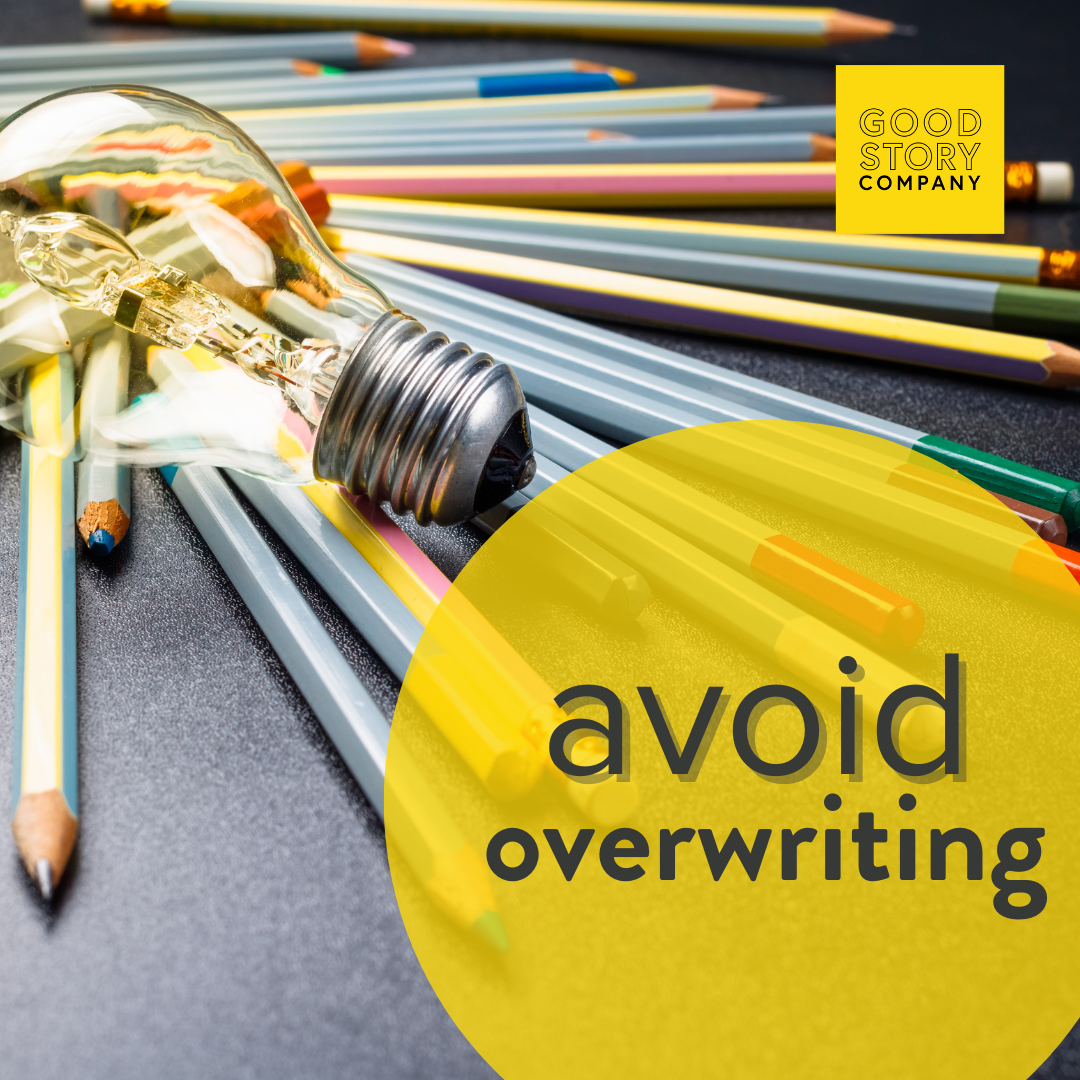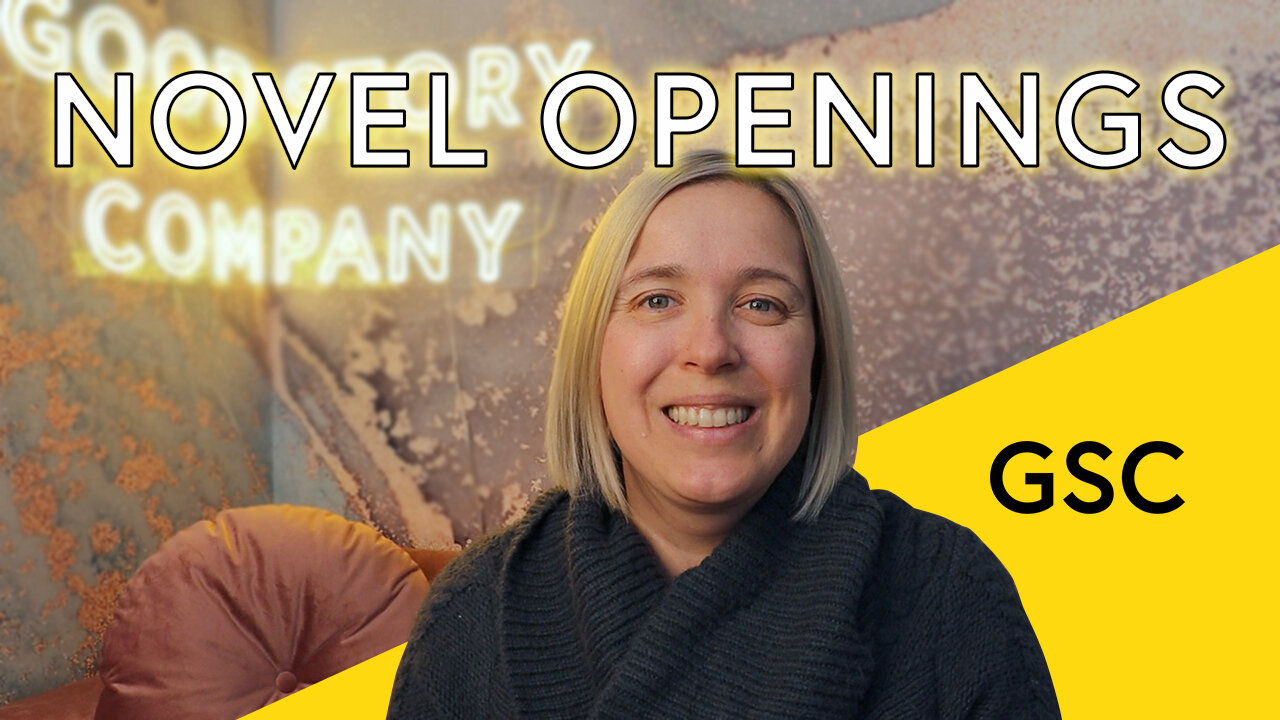

Story Physics: Reaction Beats
Newton’s third law says every action will have an equal but opposite reaction. This is true in stories, too … or at least it should be. How do we get to know characters, even as they flit from one conflict-ridden chase scene to the next? Through reaction beats.

Strategies to Incorporate Agent/Editor Feedback
Once the manuscript has been completed, submitted, and accepted, writers can feel like the bulk of their work is done. It would seem only small corrections should need to be made. Until the agent/editor feedback comes. Use these strategies to incorporate it for stronger work.

3 Helpful Tips for How to Rewrite a Novel
Rewriting a book doesn’t mean your idea or your writing are bad. It means there’s a better way to show readers the essence of what you’re trying to tell them. Here are 3 helpful tips to get you started!

40 GOOD IDEAS FOR BOOKS to Get You Inspired
Uncap those pens, pop open those PCs, and crack your knuckles. It’s time to dive into good ideas for books, and how to brainstorm. Good Story Company is here to help you stay inspired with our quirky list of good ideas for books.

Help! I’m Stuck in the Muddy Middle!
Most times we can see where our story begins and where it ends, but it’s the muddy middle where we get stuck and face writer’s block. Here are some tips to get you out of the sludge and moving again.

More Than Words: Avoid Clichés
As writers, we know we should try to avoid clichés and stereotypes. But you might not think of unique imagery as you’re writing your first draft, so you drop in a cliché as a placeholder. When revisiting a manuscript to self-edit, though, many writers often overlook the cliché that’s right in front of them: the clichéd image.

The End of Camp NaNoWriMo: What to Do with Your Complete Manuscript
Now that you have a complete manuscript, you have some exciting decisions to make about what you want to do next. Whether Camp NaNoWriMo was a fun personal project or your first step on the path to publication, now is a great time to use your momentum to take your writing to new heights.

How to Start Your Novel
If you’re wondering how to start your novel, your job is to hook the reader from page one. But how? In this post, editor Kristen Overman shares some tips on how to write an engaging novel opening, including how to start your novel with scene.

Novel Setting: Where’s It Gonna Be?
Your novel has to be somewhere. It can be anywhere! But setting is not an arbitrary detail: it can make all the difference.

Creative Nonfiction
Nonfiction gets a bad rap for being dry and dull, but it doesn’t have to be. Many of the same liberties can be taken in creative nonfiction as in fiction. If you have something important to share with the world from your own life, this may be your category. Some literary flair can amp up your story and make it more approachable to your readers.

The Case for Re-Reading
“To me, re-reading my favorite books is like spending time with my best friends. I’d never be satisfied to limit myself to just one experience each with my favorite people.”
― C S Lewis

Avoid Overwriting
Overwriting happens often in early drafts, as writers try to get the story down and figure they’ll fix things later. Sometimes details draw us in, but often they can distract readers, pushing them to think about unrelated things ... and then to stop reading.

Novel Openings
Go beyond the landscape when setting the scene with these three essential considerations for starting your novel.

The Body and Soul of Story
Stories are like people. They have a body, and a soul. The body is the plot, the actions that happen. And the soul is the character, the protagonist, the key person (or persons) bound by the circumstances of the plot and forced into decisions.
